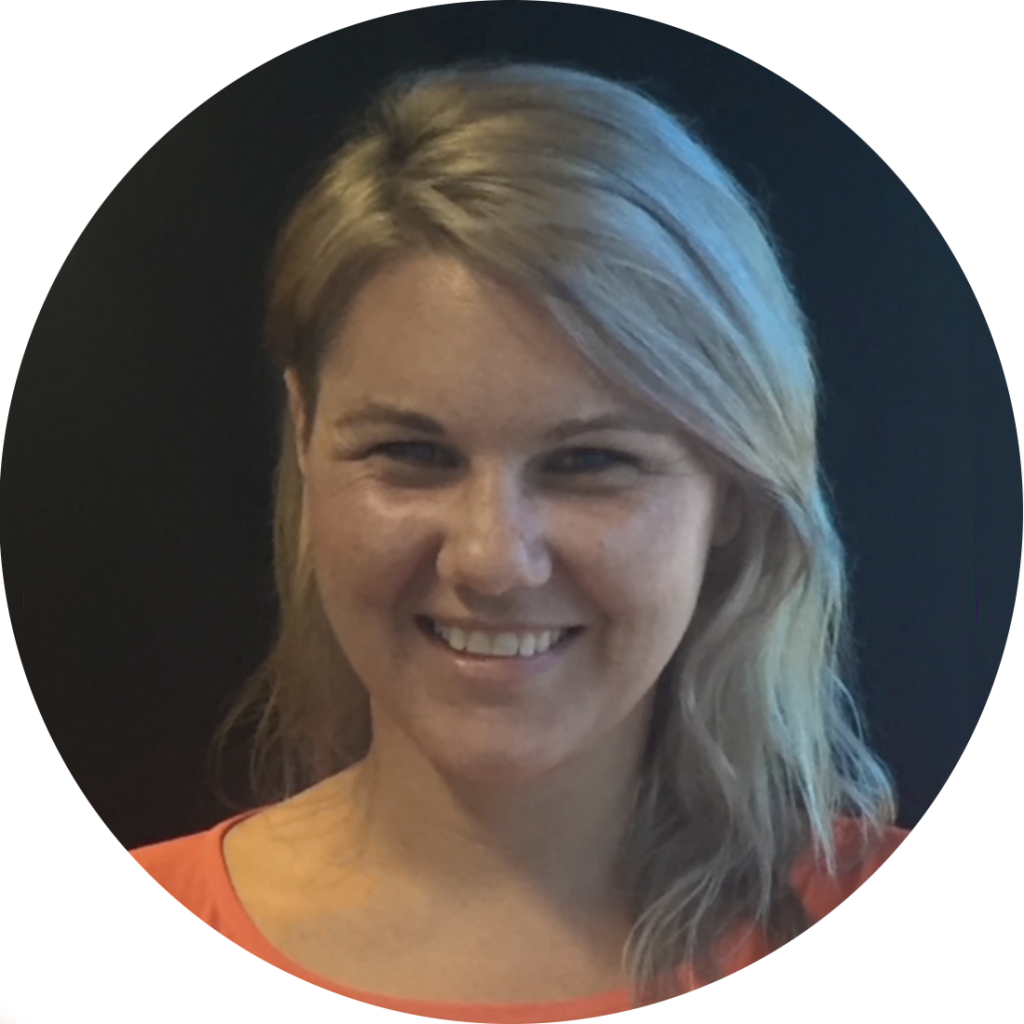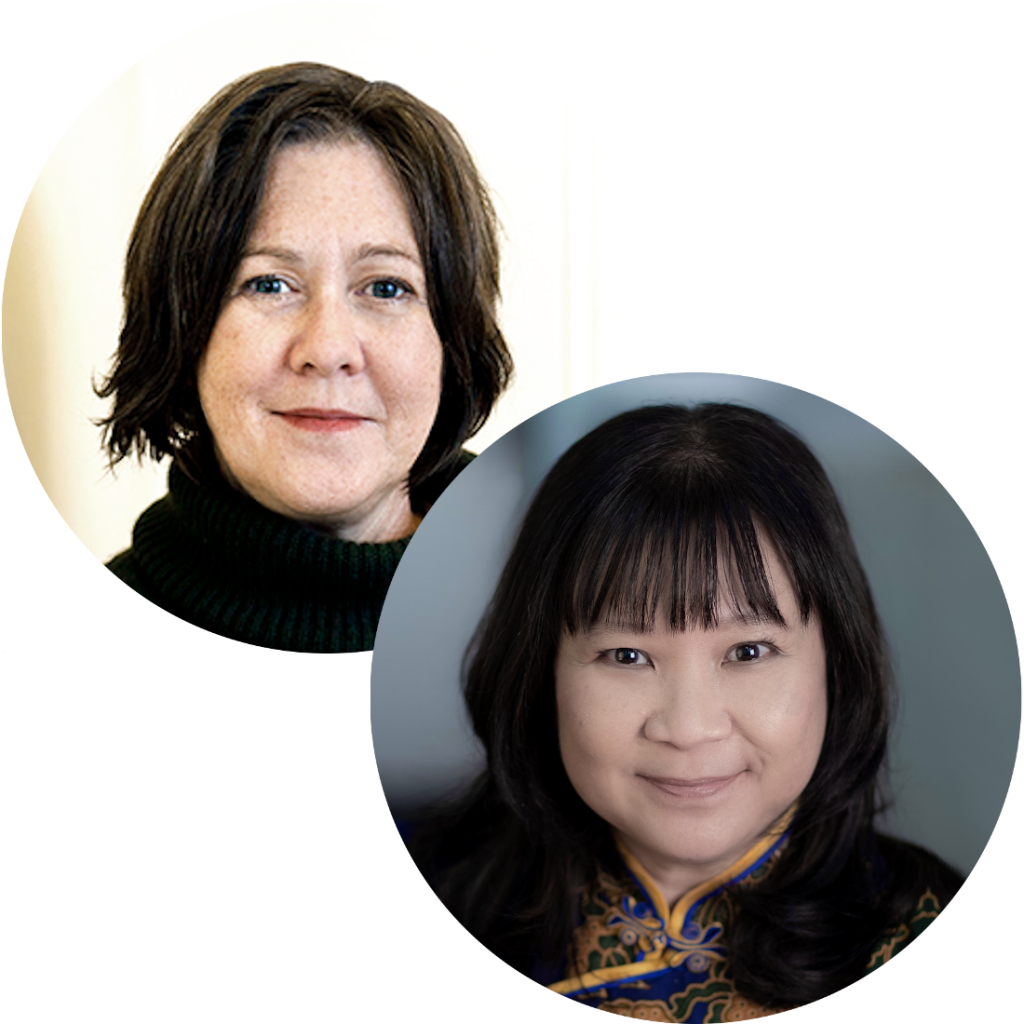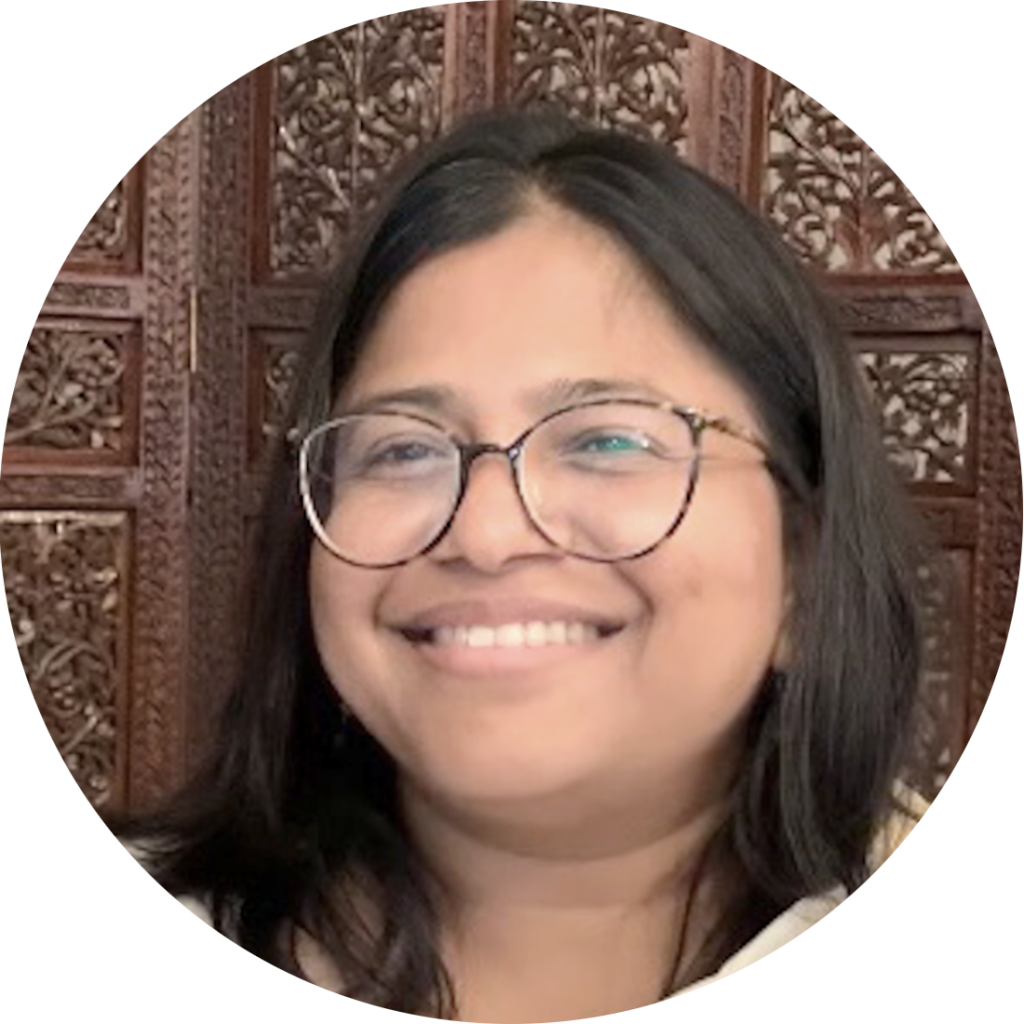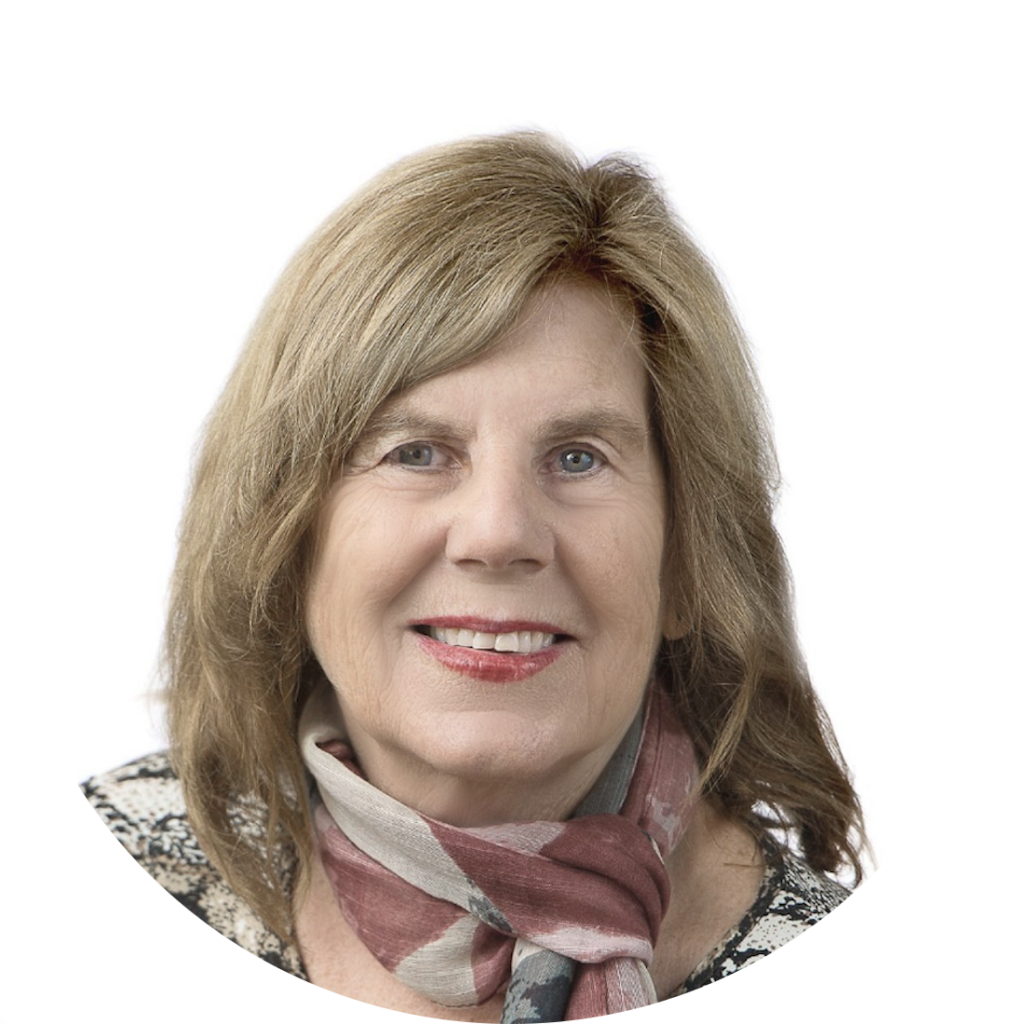🔖 PRESENTATION
Paper (parallel)
📆 DATE
Thursday 9 Sep 2021
⏰ MELBOURNE TIME
11.00 am - 1.00 pm
⏰ LOCAL START TIME
time start

Ms Jackie Zombolas
Counsellor and Consultant, Uniting VicTas, Australia
Jackie Zombolas is a Melbourne-based professional with 18 years’ experience in youth, community and government sector practice, leadership and organisational development.
The highlights of her career so far include leading the rollout of The Reach Foundation’s Australia-wide Teacher Training program; leading the development and organisational change management of a community development strategy for young people at a local Council; and leading and implementing an innovative organisation-wide culture and capability plan working alongside leaders and teams, the Executive team and the Councillor group at a local Council.
Her key drivers are participation, authentic leadership, reflective practice, business and political nous, social intelligence and strategic optimism. Jackie is a lifelong learner with current qualifications in Social Work, International and Community Development, Training, and in 2020 completing the Masters in Leadership and Management (Organisation Dynamics) at the National Institute of Organisation Dynamics Australia. Since completing her recent studies she has been learning about renovating and becoming a puppy parent.
⏰ DURATION
120 minutes
Surviving authenticity in groups and systems: an experiential learning process.
This paper’s primary aim is to recognise the value of learning about leadership and organisations through experiencing and reflecting together. Over four years, the author uses a narrative of an experiential learning process in Melbourne, Australia using Carr’s (1996) three levels of Learning for Leadership as a guide to make meaning of leadership and organisations as social systems.
Learning about the conscious and unconscious dynamics of organisations as open social systems is not a traditional leadership training process. Open systems reflect living organisms, dependent on growth and ongoing exchange with their environment across their boundary for their survival (Roberts 1994). The process of experiential learning, as the name suggests, is about learning from experiencing first-hand. In this context it requires a commitment to uncover something previously unknown in organisational life. Schein (2015, p. 3) acknowledges that “the critical change [is] the acceptance of the reality that when one is dealing with human systems, one cannot isolate experimental subjects… Instead, [the] empirical methods [have] to allow for the involvement of the subjects, whether as students, clients, or pure research subjects, in the activity itself”.
An awareness of unconscious dynamics, in level one of Carr’s (1996) three levels of Learning for Leadership, is demonstrated in an example at the 2017 Group Relations Conference. The example, taken from small study group, reflects learning about the self in role and in group, prior to the author’s Masters study. A new level of insight from level two is provided from an intergroup workshop at a second Group Relations Conference in 2019 half way through her study. In this workshop, the group were able to explore formation, exclusion and inclusion, and belonging, before playing across the boundaries of the other groups (Alderfer 1987). From this experience, the authentic leadership framework (the framework) emerges. The framework reflects the interrelated systems psychodynamic concepts of Benjamin’s (1995) intersubjectivity and mutual recognition, Klein’s (1985) object relations and Winnicott’s (1987) holding and containment to provide the integral conditions for a group to stay on task. In 2020, the learning evolves in maturity when the author has the opportunity to integrate the framework, required in level three, in an example from a collaborative action research project with a conservation organisation during the global pandemic of the coronavirus (Covid). Through this experience a further level of learning is found in the roles, groups and system’s capacities to survive authenticity through a process of acceptance to be able to stay on task.
The guiding method woven through the three-level process is reflective practice. Reflective practice can take many forms, though at its essence is the space and perspective to think about responses and experiences individually and with a group, on behalf of the group and system, without reacting or being affected by it (Smith 1976).
This paper concludes with some key reflections on applying the experiential learning process for leaders, groups and systems. In this, the author recognises her own capacity to survive authenticity and accept others in groups and systems. Through the survival of the self and the recognition of others, through the constant tension of destruction and creation, the capacity to lead organisations through change is possible (Benjamin 1995; Krantz 2001).
Day(s)
:
Hour(s)
:
Minute(s)
:
Second(s)
Session schedule
5 MINS
Introduction
30 MINS
Paper presentation
20 MINS
Small group discussion; impressions of the paper and developing questions for the presenter
20 MINS
Discussion forum with the presenter; moderated for the speaker to elaborate their ideas
10 MINS
Discussion forum with the presenter; themes from the discussions
5 MINS
Break
30 MINS
Whole symposium open reflection discussion
Share this presentation!
Parallel Paper Presentations
The following are presenting at this time

DR NUALA DENT
DR ANITA TAN
Organisational stuckness: Exploring the paradoxes of change

MS VARTIKA JAINI
Unconscious dynamics and their influence on our methods of inquiry: Case of the non profit sector

PROF SUSAN LONG
The fundamental methods in psychoanalytic and socioanalytic research: free association, the case study and transference.

